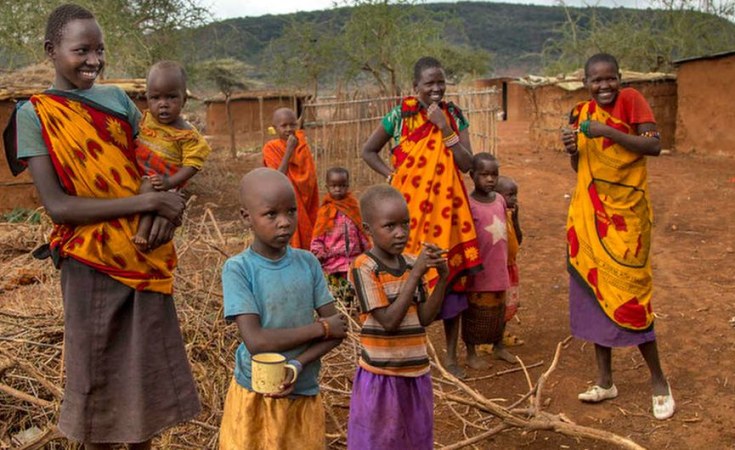Female Genital Mutilation, or FGM, is an "abhorrent violation of fundamental human rights" said the UN Secretary-General on Monday, marking the International Day of Zero Tolerance against the scourge, which remains a threat for a staggering 4.2 million girls this year.
António Guterres said that the practice of genital cutting, prevalent in some cultures for more than a thousand years, causes lifelong damage to both the physical and mental health of women and girls.
'Vicious manifestation of the patriarchy'
"It is one of the most vicious manifestations of the patriarchy that permeates our world", he added.
With more than four million girls at risk this year alone from the pernicious act of gender-based violence, urgent investment together with action is needed, so the world can reach the Sustainable Development Goals (SDGs) target of eliminating female genital mutilation by 2030, the UN chief said.
He added that the practice was "rooted in the same gender inequalities and complex social norms that limit women's participation and leadership and restrict their access to education and employment.
"This discrimination damages the whole of society, and we need urgent action by the whole of society to end it."
As part of that, the UN sexual and reproductive health agency UNFPA, is partnering this year with UN Children's Fund UNICEF on eliminating FGM in a campaign themed, Partnership with Men and Boys to transform Social and gender Norms to End FGM.
The agencies are calling for the international community to foster male engagement on just how harmful FGM is and uplift the voices of women and girls.
'Surge' of allies against FGM
Initiatives already underway by the UN and NGO partners have already resulted "in a surge of male allies such as religious and traditional leaders, health workers, law enforcement officials, members of civil society and grassroots organisations", the UN said, "and have led to notable achievements in the protection of women and girls."
The Secretary-General called on men and boys "everywhere to join me in speaking out and stepping forward to end female genital mutilation, for the benefit of all."
What is most needed is a commitment to social change, and strong partnerships, to end FGM, once and for all, he concluded.
The UNFPA and UNICEF joint programme to accelerate the elimination of FGM has been running since 2008, and focuses on 17 countries in Africa and the Middle East, and also supports regional and global initiatives.
Support for millions
Through the support of the programme, more than six million girls and women have received prevention, protection and care services, while around 45 million people have made public declarations to abandon FGM practices.
According to UNFPA's annual report on FGM for 2021, more than 532,000 girls have been prevented from undergoing FGM.
However, UNFPA also estimates that there may be as many as two million cases of FGM by 2030, that would otherwise have been averted, attributable to the regressive nature of the COVID-19 pandemic.
It's still the case that around one in four girls and women worldwide - or 52 million people - have experienced FGM performed by health personnel, pointing to "an alarming trend in the medicalization of female genital mutilation", according to a UNICEF analysis in 2020.


